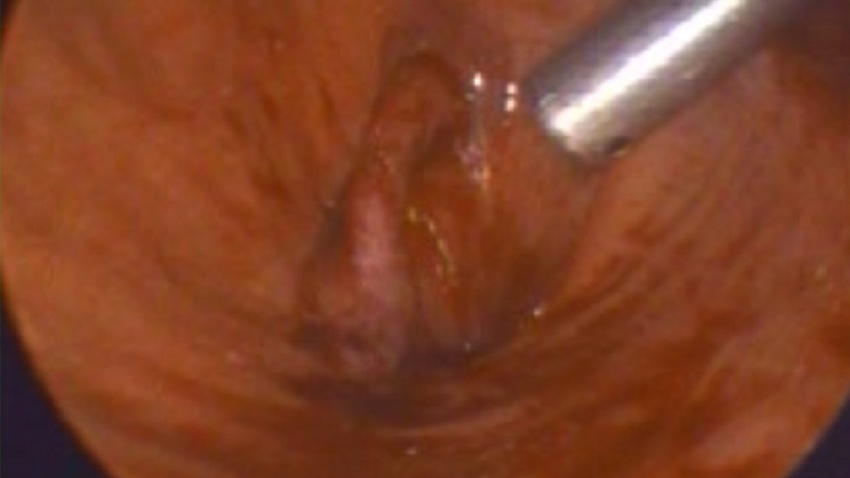The urinary bladder and the kidneys are connected by tubes. When there is change in position of the tubes, urine cannot pass properly. Ureteric Reimplantation fixes the positions of the tubes to prevent urine from receding into the kidneys. It takes several hours for the Ureteric Reimplantation surgery to complete.
Overview
Ureteral reimplantation is a procedure carried out by a urologist to fix the tubes or ureters connected with the bladder and kidneys at both ends. The ureter carries urine from the kidney to the bladder, but if the tubes are not properly connected, urine can flow back to the kidneys, thus damaging the tissues in them. To prevent urine from backing up to the kidneys, ureteral reimplantation procedure is done to fix the problem.
Urine flows normally in one way from the kidney to the bladder through the ureter. Sometimes, a bad connection of the ureter causes reflux, in which urine recedes to the kidney instead of flowing into the bladder. This causes scarring of the kidneys and perpetual damage to the kidney.
The surgery helps to change position of the tubes at the area where they join the bladder in order to help prevent urine from receding into the kidneys. Ureteral reimplantation procedure is carried out in children under general anaesthesia. In addition to anaesthesia, the child is given caudal anaesthesia to help the little one get relief from pain in the waist area.
Doctors who specialize in treating the reproductive organs and urinary tracts of children are called pediatric urology surgeons. Your child is required to stay 1-2 days in the hospital after the surgery.
Parents should listen to the advice of the urology doctor to ensure that their children are taken care of before, during and after the surgery for quicker recovery from the problem.
Before the treatment
- Parents receive specific eating and drinking instruction for their children before the surgery. For children above 12 months, it is instructed not to give any non-clear liquids or solid foods from the midnight the night before the surgery. This means no milk, juices with pulp should be given to the child.
- For infants below 12 months, breastfed babies should not be fed 4 hours before the surgery.
- Therefore, in general no child should be allowed to eat or drink anything 2 hours before the surgery.
- Parents should stay calm to help children stay quiet before the surgery.
- Before your child is taken to the operation theatre, doctors evaluate your child’s medical history and weight. As a parent, you are required to sign a consent letter agreeing to the anaesthesia and the surgery.
How it is performed
- After general anaesthesia is given, surgeons make an incision in the lower part of the abdomen above the pubic bone.
- There are several treatment options for ureteral reimplantation into the bladder to ensure right flow of urine to the bladder.
- Once the reimplantation is done, wounds are closed with dissolvable sutures.
- A simple dressing is done for the incision. Parents are instructed how to change the dressing. Once the wound heals completely, a scar is left on the skin.
Recovery
After the surgery, your child is taken to the recovery room. A breathing tube is placed while he/she is asleep. After the child wakes, the tube is removed that may leave a sore throat. A catheter is placed in the urethra to help drain urine from the bladder. The length of your child’s stay in the recovery room may vary and depend upon your child’s health condition post the reimplantation.
Your child will be consistently monitored and when all the vital signs return to normal, the little one is removed to the hospital room. Once the effects of anaesthesia wears off, your child may cry or be fussy or feel irritated, which are common symptoms. After you are allowed to take your child to home, follow the doctor’s advice to help your little one recover soon.
You are given an ointment to put at the wound site of your child. The little one is restricted from taking a shower for several days after the surgery. You should only give medicines as prescribed by the urologist.
Follow-up appointments are required to ensure quicker recovery from ureteral reimplantation. Remember, it is normal for your child to have bladder spasm, pain at the surgical site, eating and drinking problems, etc. However, the signs of ureteral reimplantation will go away gradually and you can resume normal activities for your child once the doctor gives the go signal.






Leave A Comment
You must be logged in to post a comment.